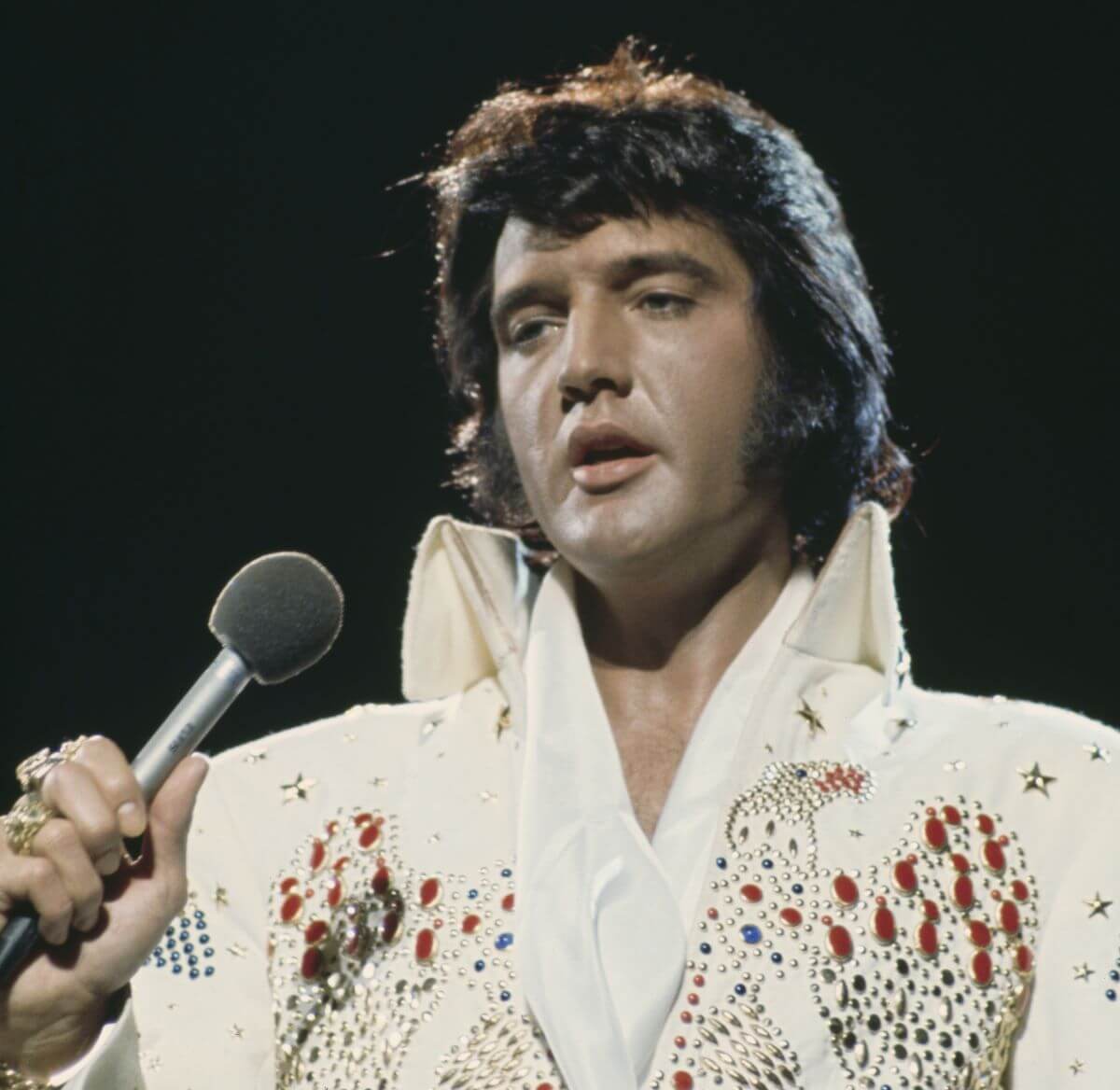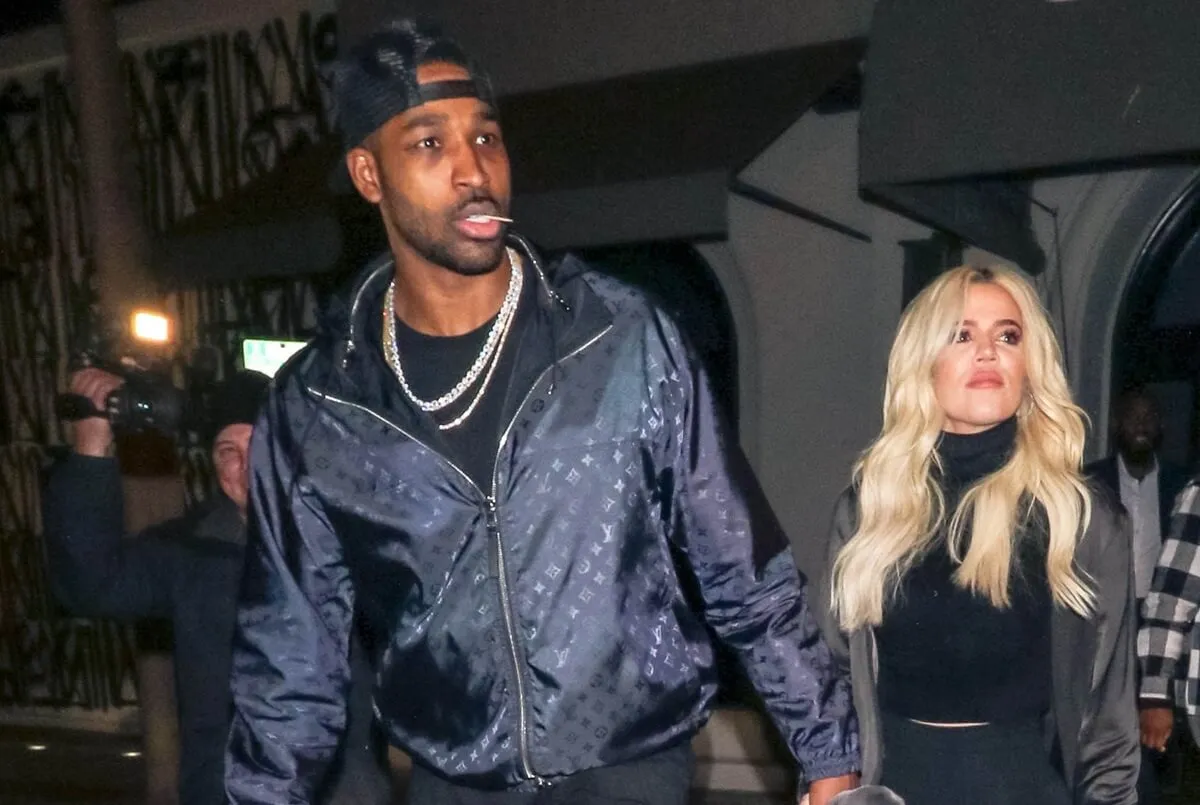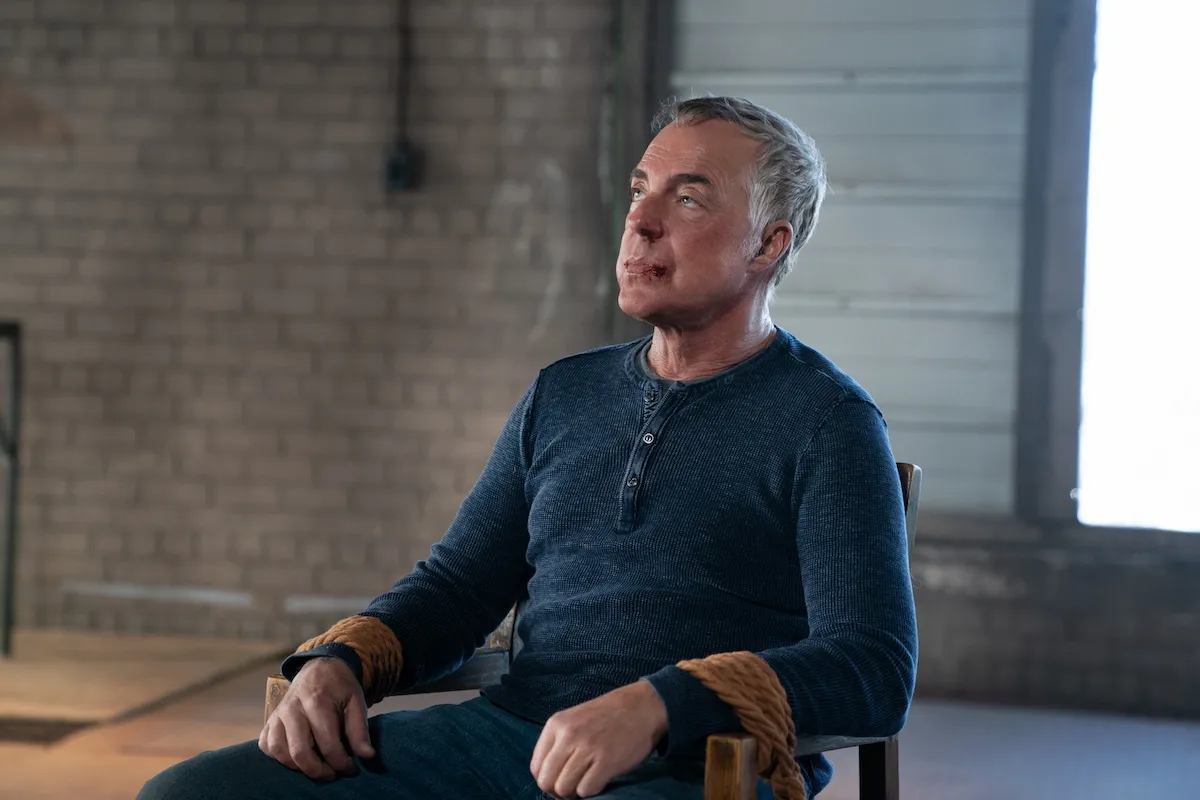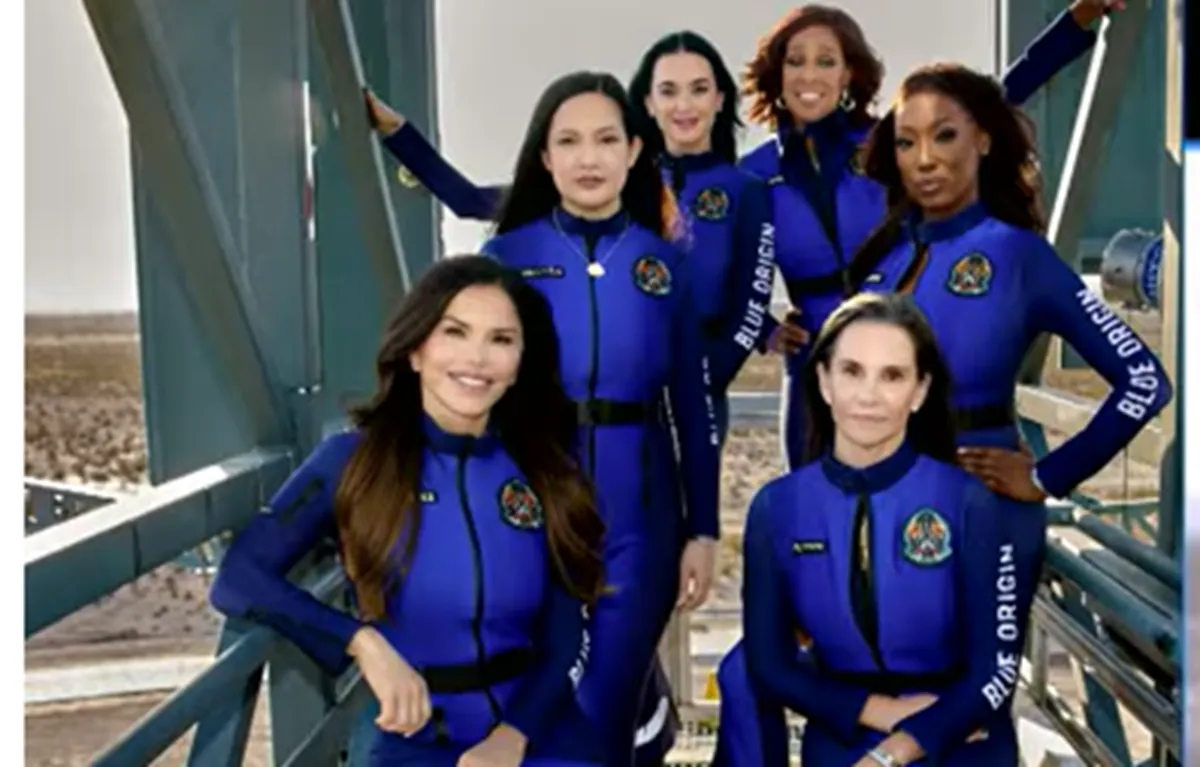
The Director of ‘Elvis on Tour’ Said There Was a Sad, ‘Hollow’ Part of the Singer
In 1972, Bob Abel and Pierre Adige began following Elvis Presley on tour. The pair had recently released a film following Joe Cocker on tour, and Elvis was their next subject. Abel was a bit wary about filming Elvis after seeing him put on a lackluster performance in Las Vegas, but he quickly grew to like the singer. He said there was much to admire about Elvis, but he also noted a peculiar hollowness to him.
The director of ‘Elvis on Tour’ noticed a sadness to the singer
When Abel met the singer, he informed him that he wanted to do his best to portray the real Elvis. This required cooperation on Elvis’ part.
“I want to shoot the real you but the trade off is, you’ve got to be open with me,” Abel said, per the book Careless Love: The Unmaking of Elvis Presley by Peter Guralnick. “If I feel that you’re posing or doing something, I’ll just turn the camera off. And then MGM will just be out a lot of money.”
Elvis appreciated Abel’s honesty and opened up to him as best he could. Because of this, Abel came to understand him well.

“He had incredible native intelligence, and the ability to read a human being, to watch someone’s eyes and look inside their soul,” Abel said. “He was very good with me.”
Abel believed Elvis presented many different sides to himself, including a private, sad one.
“I think there was a part of him that felt hollow, that he was a nobody, there were parts of him that he could not explore,” Abel said. “I went into the rehearsals in a parochial sense, trying to get to know him, and the gospel part of it was a real insight. But I realized [after a while] with all of the musicians and bodyguards and sycophants around, that these guys had been around for seventeen years now telling the same stories and jokes, and what kind of a life is this? And do I film it? And if I film it, do I show it more than once to make a point?”
The director of ‘Elvis on Tour’ had Colonel Tom Parker’s express approval
Abel felt he had captured a melancholy side to Elvis’ life. Still, the documentary had the approval of Elvis’ manager, Colonel Tom Parker. Initially, Parker appeared wary of the filmmakers’ youth, but he quickly grew to appreciate them when they showed him their work-in-progress.
“[After this] he pretty much gave us carte blanche, he said we had his blessings,” Abel said. “I said we needed more access, and he said if we delivered, he’d deliver.”
Still, he gave them a warning, saying that if they tried to betray Elvis in any way, they’d be “up to [their] ears in elephant s***.”
Abel shared one of his favorite scenes in the film
Of all the footage Abel and Adige captured, the former thought the defining scene came after a concert. Elvis sits in the back of a limousine with a towel over his head, reflecting on the show and harmonizing to “For the Good Times” with members of his entourage.
They also captured him gazing out the window in reflection. Abel viewed this as a “small, private” moment for Elvis that captured his spirit well.


